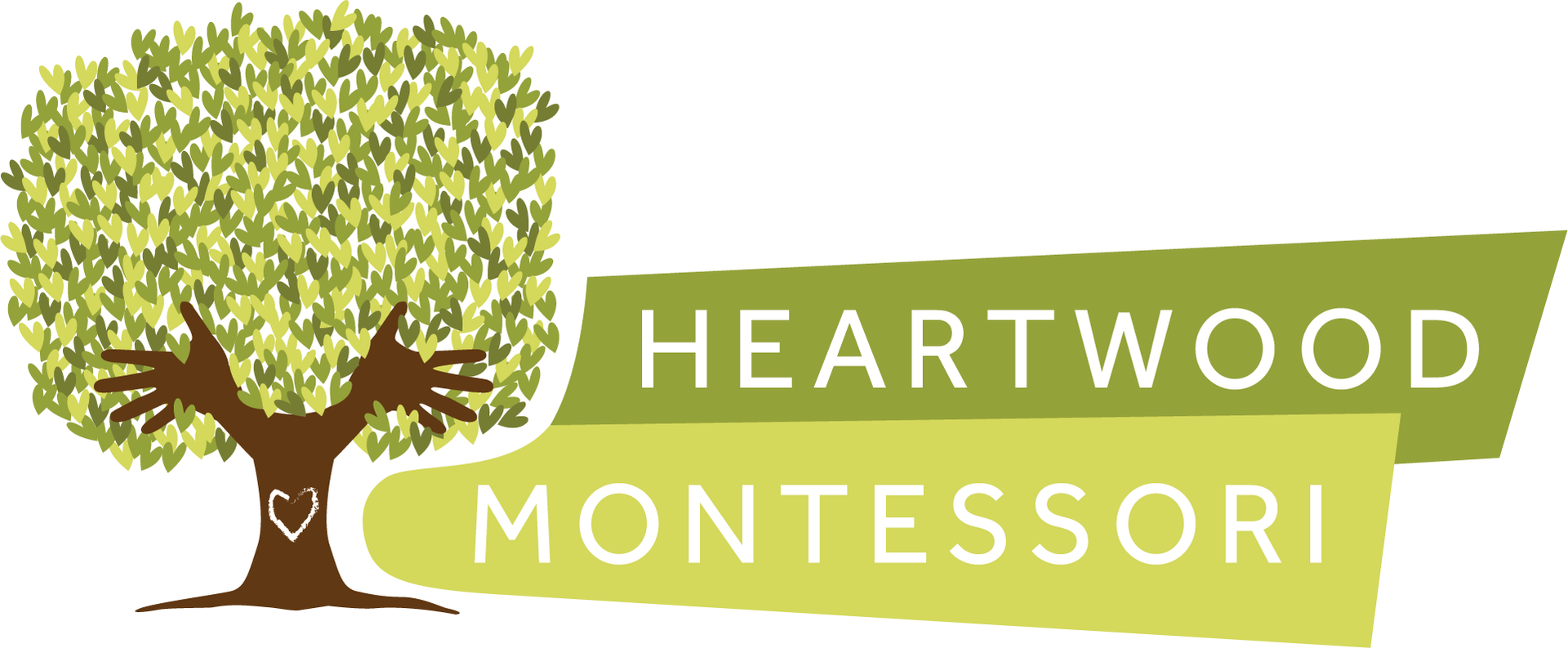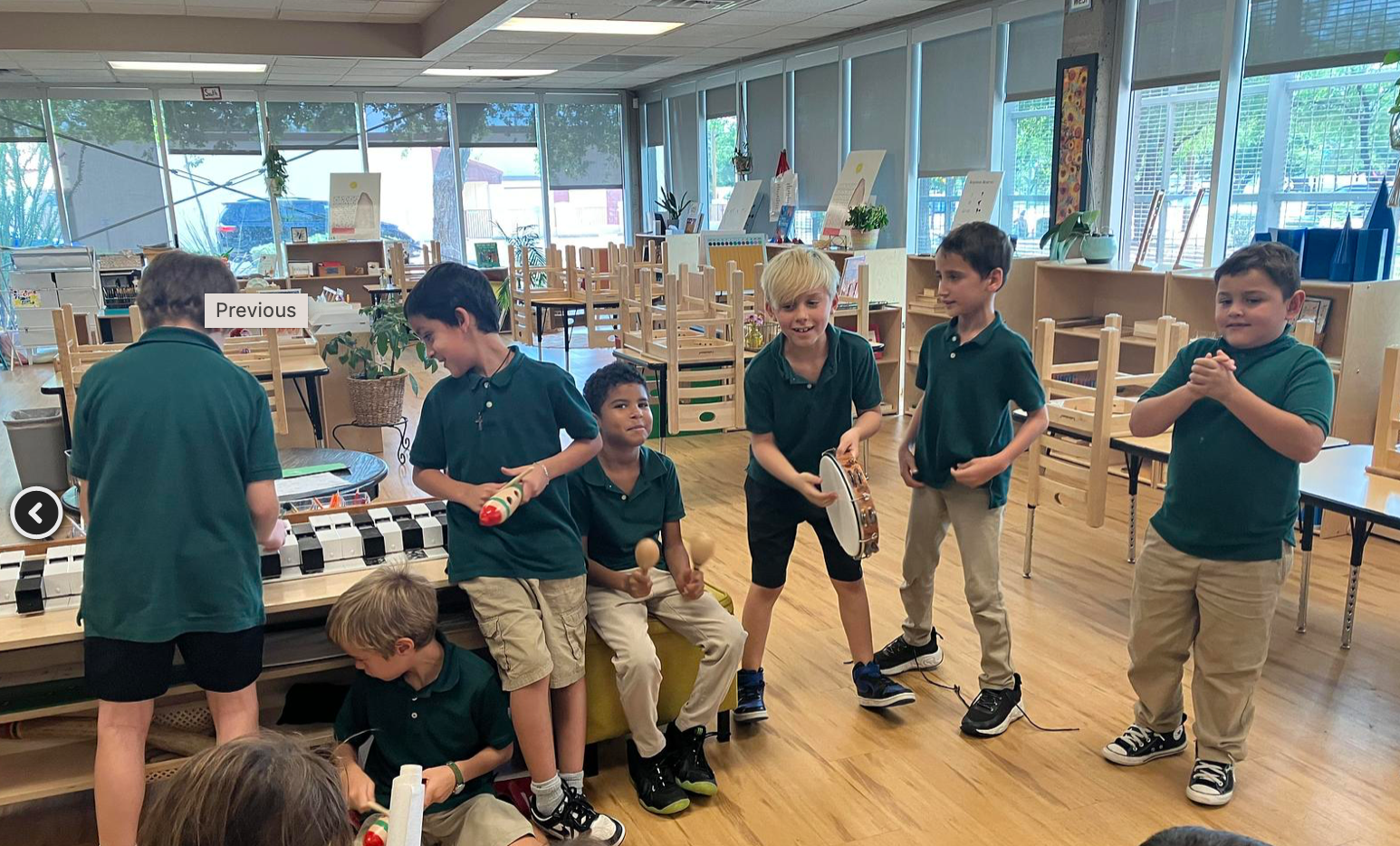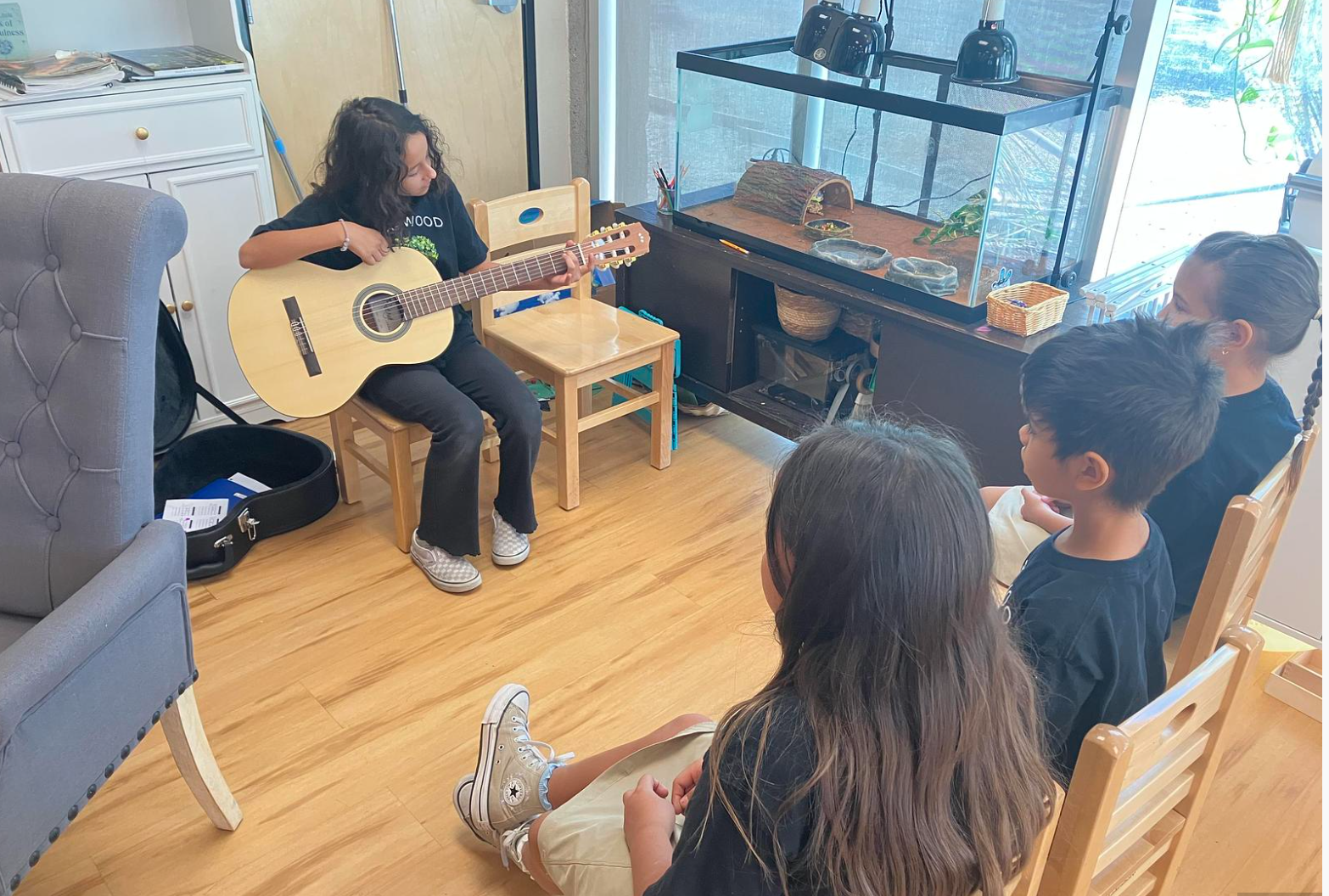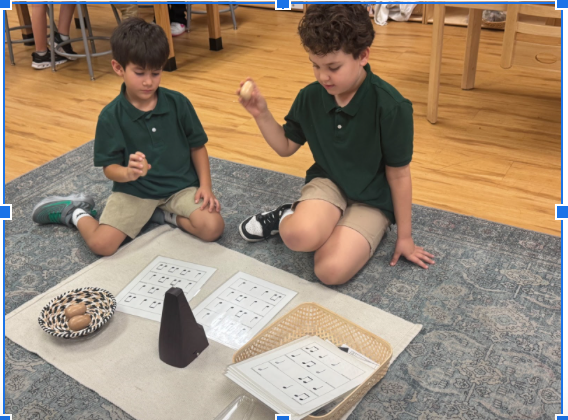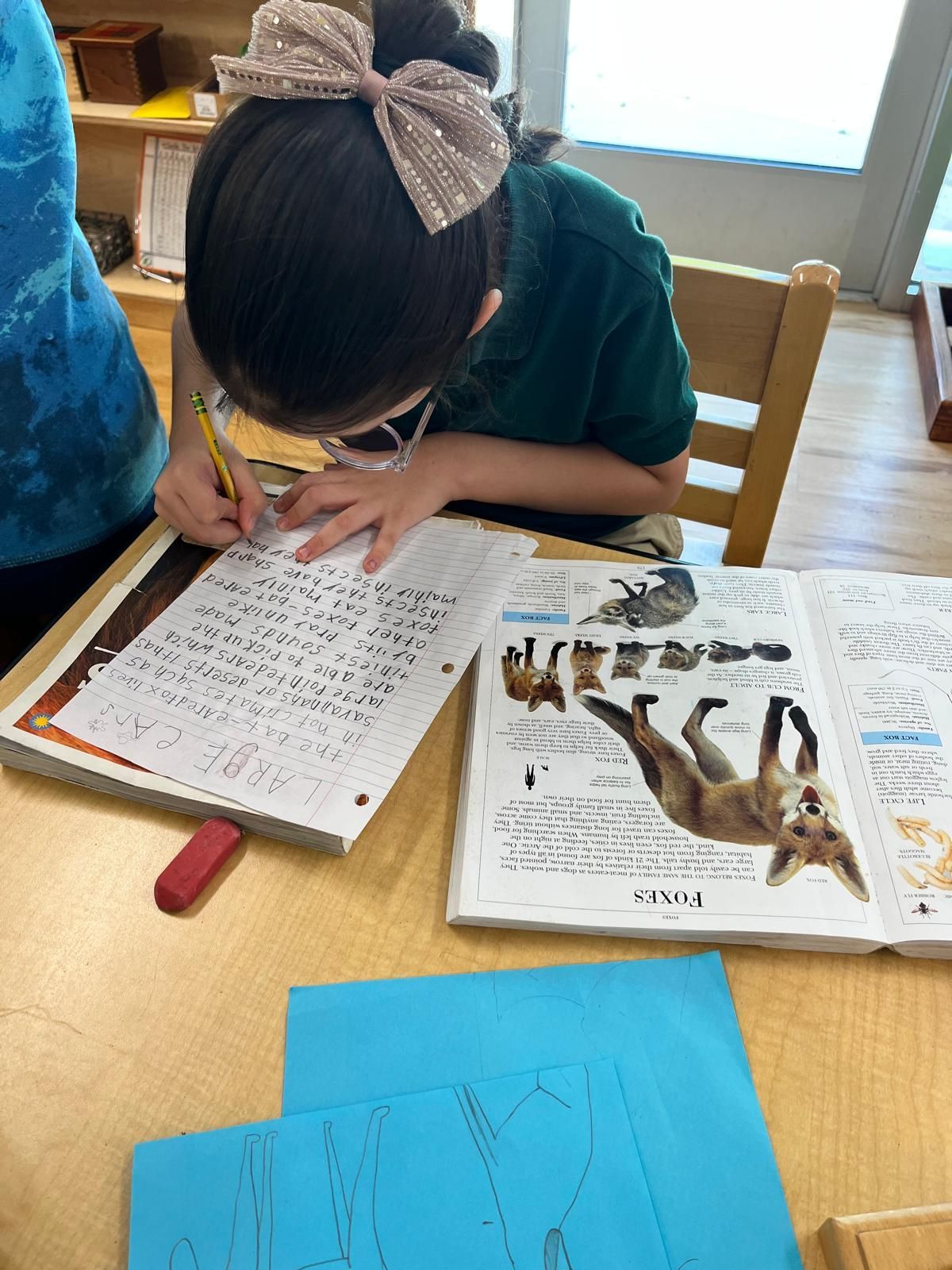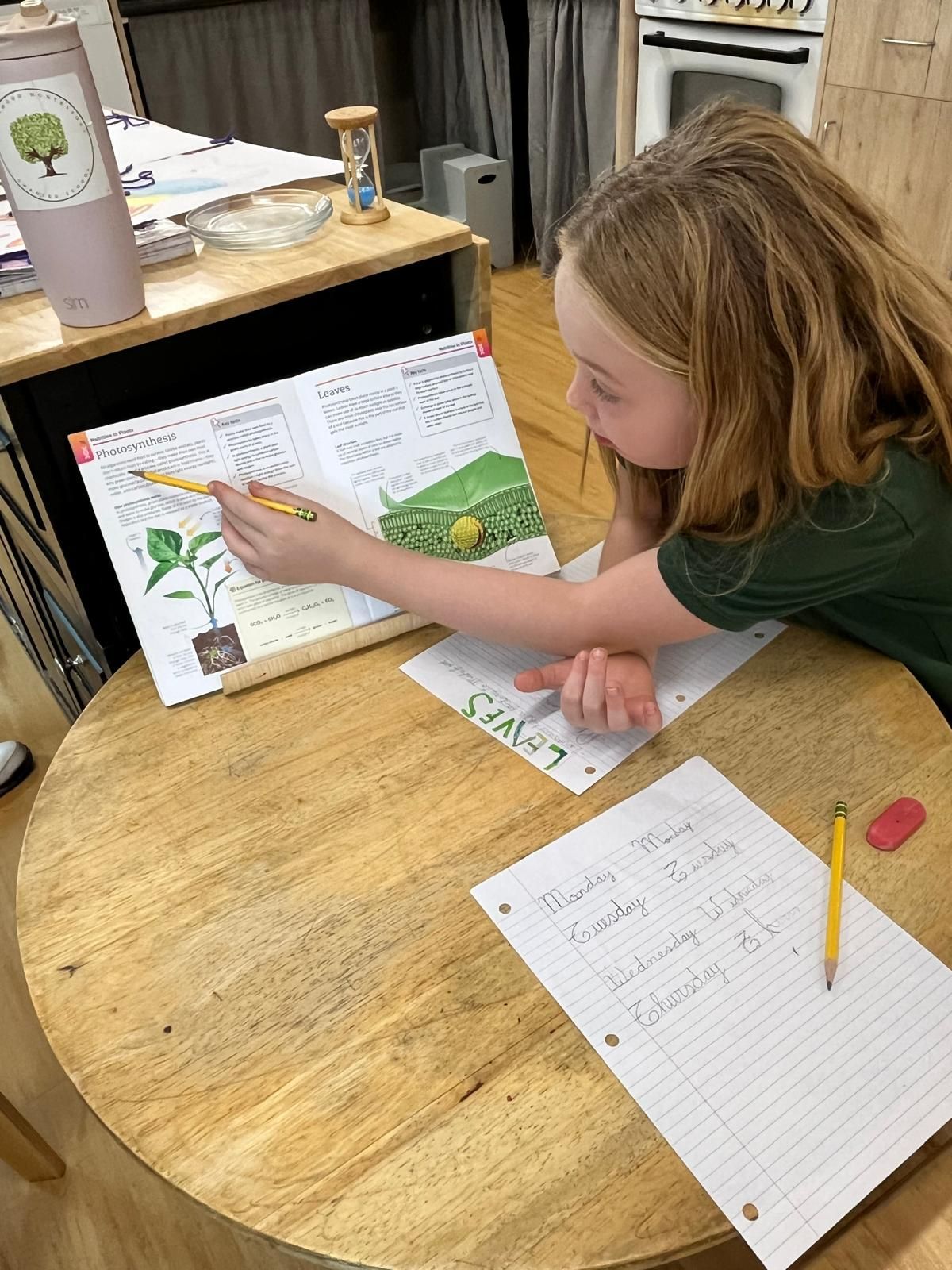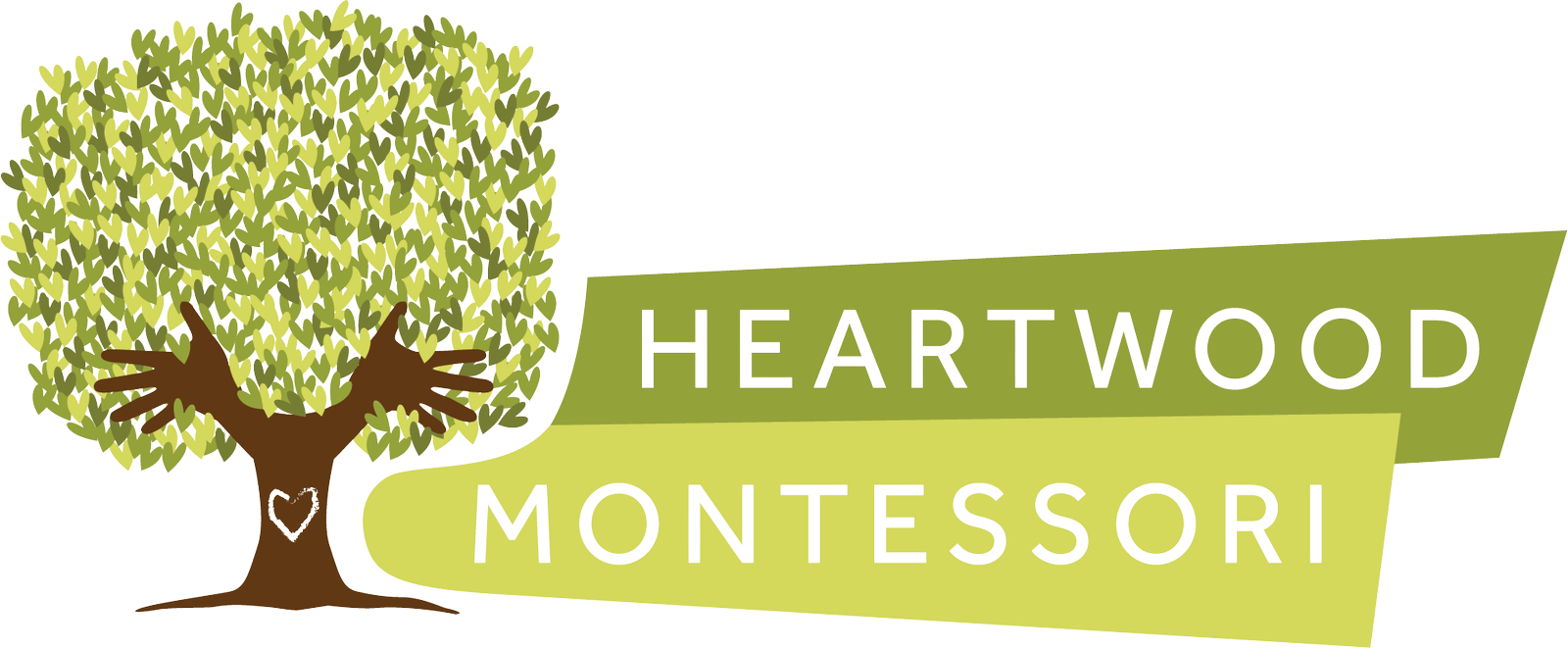ELEMENTARY ARTICLES
Published: December 2025
Music as an Aspect of Culture
Maria Montessori considered music not only a cultural expression, but also a fundamental human need. It is an essential component of the human experience, present in all civilizations, and reflects the rhythms and patterns of the universe itself. Music holds a meaningful place in the Montessori Elementary environment, where children between the ages of six and twelve are actively constructing a broad understanding of the world and their role within it. Music is a cosmic area that connects and supports the intellectual, emotional, social, and creative development of the child. Montessori herself recognized this when she discovered that music is an essential part of child development. Therefore, she worked with Anna Macheroni, who “was a colleague with a deep understanding of Montessori principles as well as the necessary background in music” (Montessori, 2020, 9).
According to Montessori, music belongs to everyone. It is created by humans and exists only in relation to them. Every child has an inherent capacity for understanding music at large—the whole structure of music—and for appreciating its ability to unite the world. Montessori guides observe that while not every child will pursue music at an artistic level, every child can develop true respect for and enjoyment of it. Mario Montessori noted that “Not everyone has the talent to practice music at an artistic level, or create new work, but everyone can reach a stage where they can enjoy it” (Montessori, 2020, 6).
How does music work in an Elementary classroom?
In Montessori Elementary, music work begins with the body. Before children read notes, comprehend scales, or manipulate musical objects, they first listen, move, and use their own voices. They develop rhythm, pitch awareness, breath control, listening skills, and expressive abilities through both singing and movement. A single song teaches melody, rhythm, structure, emotional tone, and cultural significance.
When they complete this work, they begin to realize that music can be made visible. This discovery marks an important developmental transition. In the Elementary years, children are naturally inclined to analyze, classify, compare, and understand the underlying principles behind what they observe. When they discover that music has components such as pitch, beat, and rhythm, and that these elements can be represented symbolically, music becomes both an intellectual and artistic exploration.
After many experiences with rhythm and pitch, they begin to write what they hear. This may begin with invented notation and gradually evolve into the use of traditional notation, introduced through stories and materials. Reading music becomes meaningful only once children understand notation as a human creation—a way to communicate ideas, emotions, and artistic expressions across time.
Within the Elementary classroom, music is integrated into the rhythm of daily life. Children explore instruments available on shelves, engage in group singing, create patterns using staff boards, and investigate the structure of songs. The guide presents key lessons in small groups, allowing children to understand rhythm notation, scales, musical forms, and the history of music. The Story of Music and the Story of the Grand Staff provide a cultural and historical foundation, inspiring further research. Once introduced to new concepts, students continue their exploration independently or collaboratively.
As part of Cosmic Education, the environment offers children both structured presentations and ample time for independent exploration. Children may practice tone bars to understand scales, classify rhythms, research composers, create musical timelines, or write their own pieces. They also encounter different instruments that invite them to follow their own musical interests with enthusiasm and purpose.
Families also play an important role in supporting the child’s musical development beyond the classroom. At home, music can be integrated into daily life in simple, meaningful ways. Families may listen to a variety of musical genres together, attend community concerts, explore music from different cultures, or create spaces where children can sing and express themselves freely. These experiences need not be formal or technical; what matters most is that children see music as a joyful, natural, and valued part of family life.
In conclusion, music is essential for the development of children and is also a fundamental expression of being human. It becomes a transformative and enduring element of their educational experience. The Elementary environment views music as something natural, enjoyable, and interesting—planting the seeds for future development.
Romina Acuña
Lower Elementary Guide
Published: October 2025
The Power of Reading
Reading is not only a process of decoding words but also it is a way to access knowledge and imagination. In our classrooms, it plays a really important role in the development of the child. Children in Elementary are in what Maria Montessori called the second plane of development. This plane is marked by a growing curiosity about the world and the ability to think abstractly. Reading becomes crucial at this time, it can help children figure out how the world works, expand their imagination, and develop empathy.
Reading in Elementary
Reading is part of our daily routine. We spend 15 minutes doing silent reading and 15 doing reading aloud. During reading aloud, the guide or the assistant will pick a book and read it to the class. While reading aloud, children can also practice handwork, like knitting, crocheting or decorating their journal.
Why reading aloud? When we read aloud, children are focused on the story, they listen carefully and exercise their imagination. Different books open different doors for discussions. In our class, we just finished reading “Island of the Blue Dolphins”. Children enjoyed the story and we discussed the hard situations faced by the main character. We talked about the value of friendship, resilience and the importance of perseverance while encountering great difficulties.
When we pick a book for reading aloud, we can choose a book that goes beyond everyday language, that exposes children to richer vocabulary, complex sentence structures, and also, explores new ideas. I remember having beautiful conversations about peace, hope, and perseverance after reading “Sadako and The Thousand Paper Cranes” by Eleneor Coerr with the class last year. This helps them to develop empathy and a deeper understanding of right and wrong, contributing to their moral development. Dr. Montessori emphasized the importance of exposing children to high-quality literature: “By listening to a well-told classic, they do not just hear words, they experience the composition.”
Silent reading also offers children the opportunity to exercise their reasoning mind. As they read independently, they can make connections between the text and their own experiences. In different books, children are going to be exposed to different topics, tricky situations, or explore different times in history and emotions that do not always have an easy answer.
Reading is also fundamental for Cosmic Education. Cosmic Education is a Montessori concept that seeks to provide children with a whole view of the universe and then, their place within it. Children are introduced to different subjects that they explore through reading, from biology to history, geography, and art. These subjects don’t go in isolation; they all come together to paint a bigger picture of the universe.
In Cosmic Education, reading helps explore big questions about the world, children develop a sense of wonder and responsibility for the environment and society. Whether they are reading about the formation of the Earth, early human beings, or wherever their research might take them, each subject is part of a larger narrative that supports their understanding of the world and their role in it.
The Power of Reading
Many researches show that reading has positive impacts on children’s development. It helps them to be more empathetic. It contributes to their intellectual development, as well as their social development. We live in a fast-paced world, children are used to instant notifications and answers, immediate access to videos, and games. Reading can be a much better alternative, it requires sustained focus and invites children to slow down.
Building a community of readers is an important goal in our class. We encourage and model conversations about books, fostering an environment where children feel excited to share about their favorite book, where they recommend books to each other. In “The Book Whisperer”, Donalyn Miller emphasizes the importance of talking about books as a way to establish connection between children. These conversations contribute to their critical thinking because they need to listen to others’ ideas, they can put themselves in other people’s shoes. Sharing their ideas and understanding about a book helps to see themselves as readers and also see reading as a social activity.
In our class, we want to create a space where conversations about books are a regular thing, that way, we will be fostering lifelong readers who see books as a way to connect with others. Parents also play an important role. Children’s love for reading can go beyond our classroom. It is important to establish reading habits at home. You can set some family reading time or reading aloud right before bed or during breakfast. It can create moments of connection within your family, bringing different conversations about values, emotions or just enjoy funny stories together. If you share your enthusiasm for reading with your children that can be very contagious!
In conclusion, reading is a powerful tool that supports the whole development of the child. Whether it's a journey to Narnia, a space battle with Ender, or an exploration of the natural world, reading can help children shape their understanding of themselves and the world.
Laura Ferrando
Upper Elementary Guide
